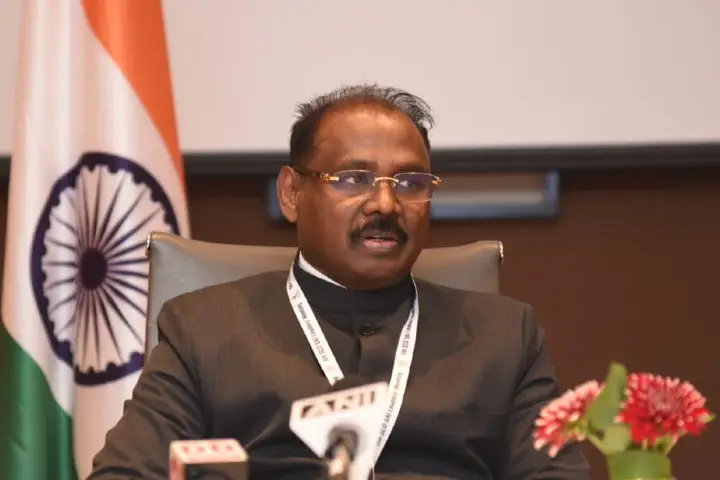

CAG GC Murmu
Amid more and more political parties in India now promising big ticket freebies to woo voters, Comptroller and Auditor General of India, Girish Chandra Murmu today underlined the need for state governments to take appropriate steps for fair accounting of subsidies. The exercise will help states to take timely and prudent actions to reduce fiscal deficits and maintain debts at an acceptable level, he said.
“While we understand the importance of subsidies is to help the underprivileged, it is essential to transparently account for such subsidies and we require to distinguish between justifiable subsidies from freebies, which are not fiscally responsible,” Murmu said, while speaking at the Annual Accountant General’s Conclave.
State governments must meet their own capital expenditures, including loans and advances, from their own sources of revenue, he said, adding that states must at least confine the net debt to their capital expenditure.
“States should take steps to earn adequate returns on their investments and recover their cost of borrowed funds without resorting to implicit subsidies,” the CAG said.
Though the Centre and several state governments have been implementing the Fiscal Responsibility and Budget Management (FRBM) Act in recent years the CAG has expressed concern over rising risks related to fiscal sustainability and financial indiscipline which are driven by off-budget borrowings, misclassification of revenue expenditure as capital expenditure.
Murmu said that in many cases state guarantees do not get captured in finance accounting.
Last year the Centre lashed out at the Arvind Kejriwal led Aam Admi Party for promising free electricity to voters in Gujarat.
A report by Hindustan Times in October last year revealed that Punjab’s subsidy bill touched Rs 24,865 crore which included arrears of Rs 9,020 crore, for providing free electricity while the state managed to pay only Rs 8,611 crore. Even as last week, Bhagwant Mann, Chief Minister of Punjab claimed that his government has cleared the bill, the issue of subsidies has taken centre-stage amid rapidly changing geopolitical and geoeconomic dynamics in the wake of the Russia-Ukraine war, impacting governments across the world.
In 2008, former Finance Minister P Chidambaram announced a massive Rs 60,000 crore farm loan waiver package. The amount crawled up to almost Rs 70,000 crore. Many have opined that the package helped the UPA retain power in the 2009 elections.
While subsidies are critical to provide support to the economically weaker section of the society, economists have highlighted that the only way to go about it is to ensure targeted delivery of the subsidies.
Meanwhile, last month the Cabinet Committee on Economic Affairs approved a subsidy of Rs 200 per 14.2 kg LPG cylinder for up to 12 refills per year for the beneficiaries of Pradhan Mantri Ujjwala Yojana (PMUY). As on March 1 there are 9.59 crore PMUY beneficiaries.
Also read: From watchdog to guide–CAG to help state governments follow best auditing practices
The leadership team from the Central Tibetan Administration (CTA) arrived in Tokyo to participate in…
Hailing the centre's fight against naxalism and red terror, Prime Minister Narendra Modi said that…
Defence Minister Rajnath Singh aboard India's first indigenously built aircraft carrier, INS Vikrant, on Friday…
In a coordinated operation, the North West District of Delhi Police apprehended 38 Bangladeshi nationals…
A recent report by the Tibet Action Institute has unveiled troubling evidence of mistreatment, forced…
Heavy rain lashed many districts of Kerala on Friday, disrupting normal life and causing waterlogging.…